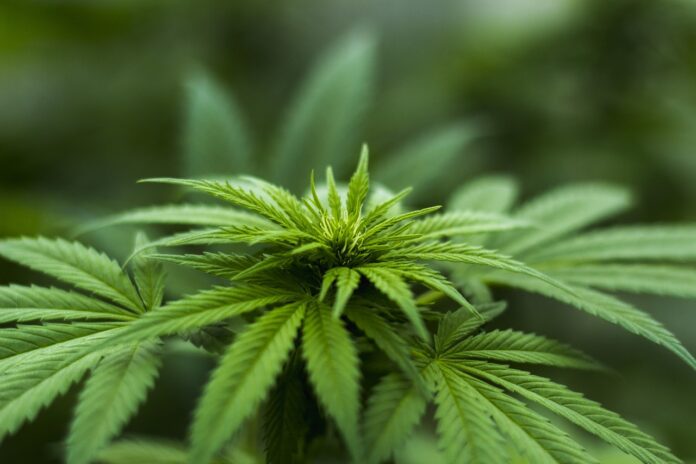In this blog post, we will delve into the connection between menopause, the endocannabinoid system, and cannabis. We will explore how these elements might complement each other for some individuals.
I haven’t personally experienced menopause, but I wanted to share some key concepts I’ve learned while preparing for a talk on menopause and the endocannabinoid system. Please note that I’m not a doctor, so this information should not be taken as medical advice. Instead, consider it a guide to holistic wellness concepts and an invitation for personal exploration of health. May this provide valuable insights for your journey!
This blog post will only scratch the surface of a vast topic. As I continue to learn more about the human body and my own womanhood, I’ll have much more to share on this subject. Cannabis, the endocannabinoid system, and their impact on women’s health are fascinating areas that I’m excited to explore further. Rest assured, I’ll keep sharing the knowledge I gain!
So, let’s dive in and understand the relationship between menopause, the endocannabinoid system, and cannabis.
A Brief Introduction to the Endocannabinoid System
The endocannabinoid system (ECS) is the body’s primary biological harm reduction system. It is responsible for maintaining balance or homeostasis in response to stress, infection, injury, and lifestyle factors. The ECS regulates and modulates various biological systems, including pain, inflammation, mood, and cognition.
The ECS consists of receptors, enzymes, and chemicals called endocannabinoids. These endocannabinoids are produced within the human body and interestingly, cannabinoids are also found in the cannabis plant. The human body is equipped with cannabinoid receptors that can be activated by cannabinoids produced internally or obtained from the plant world.
For more information on the endocannabinoid system, read my other blog post titled “What is the Endocannabinoid System (ECS)?” Additionally, check out my podcast interview with the Leaf Life Podcast team where we discuss the endocannabinoid system in detail: “Show #216 – The Endocannabinoid System”.
ECS Regulation of Hormones
Hormone levels fluctuate throughout life, and even within a single day. Hormones play a crucial role in regulating various bodily functions, from mood and energy levels to hunger and bowel movements. For women, menopause signifies a phase of life where the body transitions away from reproductive priorities. As a result, the body naturally reduces the production of estrogen, indicating a shift into the golden era.
Interestingly, the endocannabinoid system also influences the production and release of hormones. Through chemical neurotransmission and electrical signaling, the ECS communicates with glands responsible for hormone production, controlling the timing and release of hormones.
The ECS acts like a thermostat for hormone balance in the body. It helps regulate hormone production and maintain hormonal equilibrium. Cannabinoid receptors are present in various tissues and organs, including the brain, immune system, and reproductive organs. When activated by cannabinoids, these receptors influence the release of hormones. It’s important to note that optimizing ECS performance doesn’t always involve cannabis; there are other ways to fine-tune this thermostat for optimal function.
FAQs
1. How does the endocannabinoid system contribute to the body’s overall balance?
The endocannabinoid system (ECS) is responsible for maintaining homeostasis in the body. It regulates various biological systems, including pain, inflammation, mood, and cognition, to bring the body back into balance in response to stress, infection, injury, or lifestyle factors.
2. What are endocannabinoids and how are they related to cannabinoids?
Endocannabinoids are chemicals produced within the human body that interact with the ECS. Interestingly, cannabinoids, which are also chemicals, are found in the cannabis plant. The human body has cannabinoid receptors that can be activated by both endocannabinoids and cannabinoids.
3. How does the ECS regulate hormone production?
The ECS influences the production and release of hormones through chemical neurotransmission and electrical signaling. It communicates with glands responsible for hormone production, controlling when and how much hormone is released in the body.
4. Does the ECS play a role in menopause?
Yes, the ECS plays a role in menopause. As women transition into menopause, their bodies naturally reduce the production of estrogen. The ECS helps regulate this hormonal shift and maintain hormonal balance during this phase of life.
5. Can optimizing ECS performance involve methods other than cannabis?
Absolutely! While cannabis can activate cannabinoid receptors and influence the ECS, there are other ways to optimize ECS function. Lifestyle factors such as exercise, diet, stress management, and sleep can also impact the ECS and contribute to its optimal performance.


